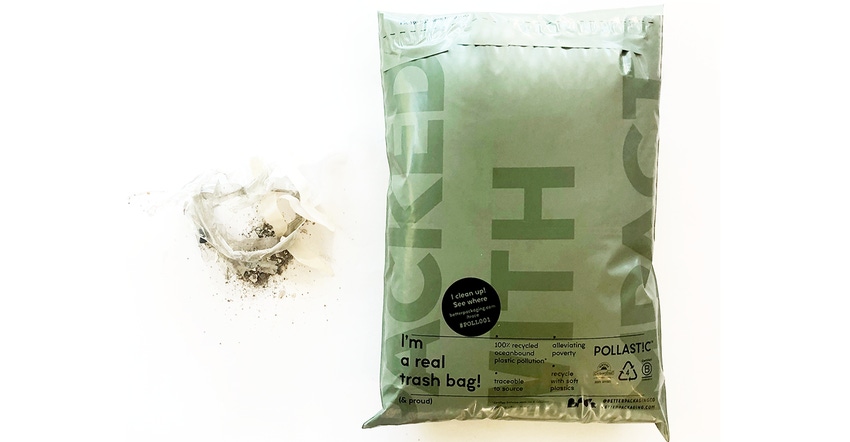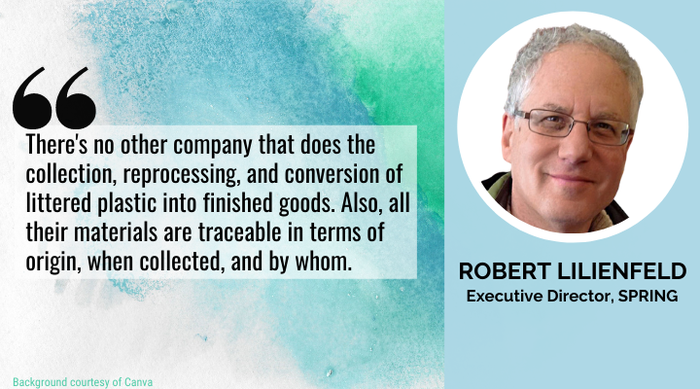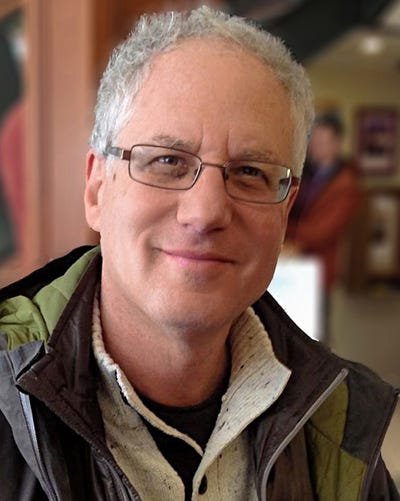Using plastic litter to make new packaging isn’t enough. Who collects that waste and how they are compensated is also an important part of sustainability.
April 4, 2022

One of the terms that I truly dislike is “ocean bound” plastics. As a marketing term, it’s probably brilliant. But as an actual description of material origin, it’s fuzzy, suspicious, and not provable.
That’s why I was skeptical when the New Zealand Technology & Enterprise team approached me about one of its members, Better Packaging, of Auckland. I spent a few hours grilling the company’s passionate and dedicated director, Kate Bezar. Here’s what I learned:
The company works with local villages in Southeast Asia to collect plastic that has been left on beaches and alongside streams, roadways, fields, forests, etc.
The villages and villagers are paid for their collection and sorting efforts.
The collected material is then cleaned, pelletized, converted into film, and used to produce ecommerce mailers and other primarily low-density polyethylene (LDPE) bags.
The finished flexible packages, which are 100% post-consumer recyclate (PCR), are then sold directly to retailers and e-tailers.
Passes three sustainable checkpoints.
The business model meets all three conditions of the sustainability stool: the collection improves both the economic and social conditions of the local people and their villages; the system removes pollutants from the environment while reducing the use of virgin materials and increasing the use of post-consumer recyclate (PCR) resins.
From what I can find, there is no other company that does the collection, reprocessing, and conversion of littered plastic into finished goods. Further, all their materials are traceable in terms of origin, when collected, and by whom. Thus, Better Packaging has total control of its material stream and its finished goods.

This accountability provides the level of consistency and credibility that customers, consumers and even regulators will require for marketing claims to be met. This proof of origin can help their customers document the improvements in greenhouse generation that occur when switching to 100% PCR packaging, per the new SEC guidelines.
Given the sheer volume of packaging used by retailers, especially e-tailers, these savings can be significant and will greatly help with environmental, social, and corporate governance (ESG) efforts.
I asked Ms. Bezar what she hopes to accomplish when ramping up to serve the North American market.
“This range has the potential to completely disrupt the virgin plastic industry for film-based packaging,” she says. “We have shown that there is now no practical reason to still be using virgin plastic in these packaging applications. We want to be a household name and for consumers to demand ‘Better’ from the companies they’re purchasing from. It’s an incredibly exciting time.”
And it is, good luck!
Robert (Bob) Lilienfeld has been involved in sustainable packaging for 25 years, working as a marketing executive, consultant, strategic planner, editor, writer, and communications expert. He’s President of Robert Lilienfeld Consulting, working with materials suppliers, converters, trade associations, retailers, and brand owners. He is Executive Director at SPRING, The Sustainable Packaging Research, Information, and Networking Group. You can also write him at [email protected] or visit his LinkedIn profile.
About the Author(s)
You May Also Like




